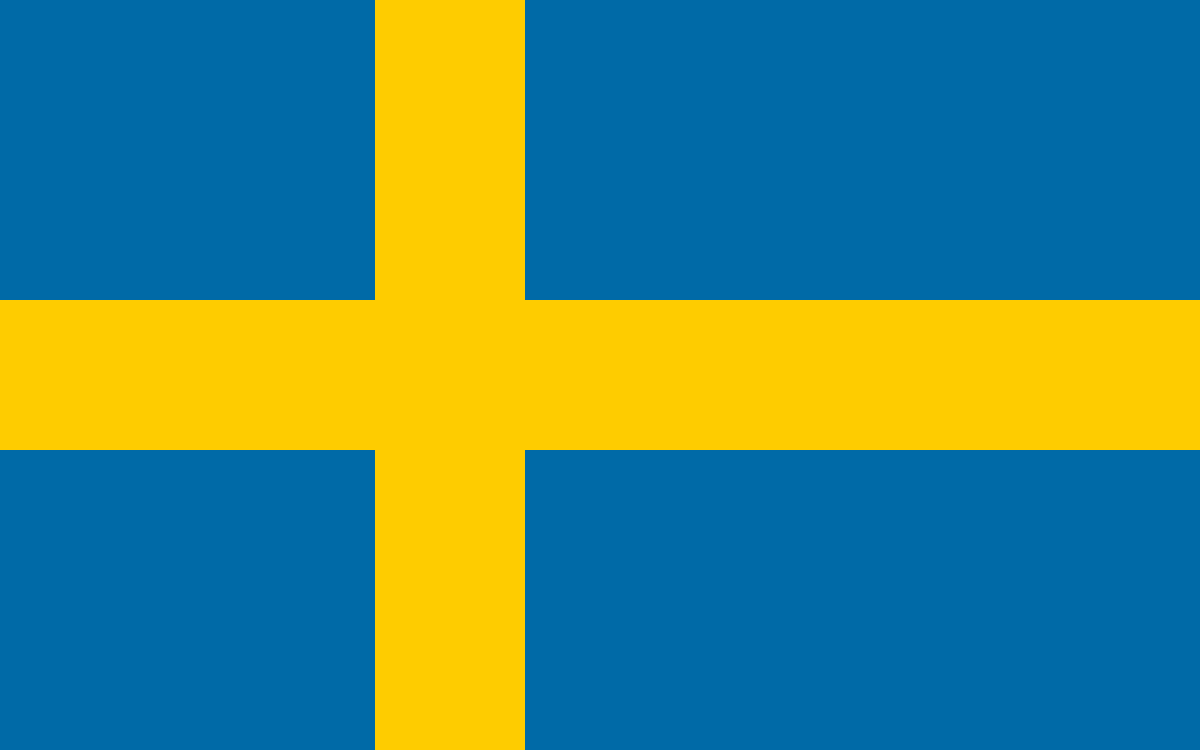The highest court in Sweden has weighed in on the novel food, and the darling of the Swiss marketplace, CBD conversation. Further, it has done so in a move that seems predetermined to push the so-far escalating novel food debate EU-wide. Along, of course, with what constitutes “narcotic” cannabis.
Namely, Sweden’s highest court ruled in June that CBD oil with any concentration of THC falls under the narcotic jurisdiction.
Sound confusing? Welcome to the world of every CBD producer and purveyor on the “right” side of the Atlantic.
Beyond The Lingo and Legal Mumbo Jumbo
When one follows the logic, there is one, hidden in the Swedish meatball of careful legal wording. Here is a translation, more or less of what the court intended.
 The first is that the Swedes, along with the Italians (and expect this attitude to be reflected all over Europe) accept that cannabidiol when it comes from hemp, if not CBD oil derived from the same, generally, is excluded from the definition of cannabis (as a narcotic). Therefore it is not a narcotic drug.
The first is that the Swedes, along with the Italians (and expect this attitude to be reflected all over Europe) accept that cannabidiol when it comes from hemp, if not CBD oil derived from the same, generally, is excluded from the definition of cannabis (as a narcotic). Therefore it is not a narcotic drug.
However, according to the court, the loose definitions of what “CBD oil” is both legally and in the marketplace, no longer applies if the plant has been converted into a preparation containing THC. This is a clear shot across the bow of the “Cannabis Lite” movement that has been so popular across the continent for the last year or so and has absolutely electrified certain regions (see not only Switzerland but the UK and Spain).
This has added to the sky-high evaluations of the cannabis industry (or even the CBD part of it) in certain industry predictions, rosy scenarios and forward-looking statements.
However, in a nod to reality, the court also recognized that there is an exemption for trace amounts of CBD in the current frameworks, although it is indeterminate. In other words, this is a move to force regulators to determine what trace levels of THC are permitted. And further, to force regulation and licencing of the so-far, fairly free-wheeling industry that hoped, much like Holland, to establish itself in the grey spaces between the regulatory schematic of Europe.

No dice. See Holland of late. But also see Italy, Austria and Germany.
For those who still held out a vague dream of hope that this whole issue was going to go away, or get swept under the carpet of anti-regulatory Brexit mania (in the British case), think again.
In the Swedish situation, much like the Italian CBD caper, the individual at the heart of the court case was a man who escaped a minor drug charge for possession of CBD oil. However, the message is clear: Large scale distribution of CBD oil with “undeterminable” levels of THC (essentially all of it in the market until the rules are set), is courting a criminal drugs charge.
Look for licensing definitions soon.
What Does This Say About The CBD Future In Europe?
Much of this debate is also caught up in larger issues, namely labelling. The British, for example, have just seen recalls at some of the largest supermarkets in the country because of the same. It is a hot topic in several places.

Europeans, in general, and this includes the British, are generally also horrified at how Americans in particular, consume food and other products exposed to chemicals they know are toxic. However common chlorinated chicken is in the U.S., for example, this is a discussion as toxic to all Europeans, including the British, as well, chemically treated anything.
This is also a reflection of the much “greener” lifestyle Europeans aspire to lead (even with bizarre gross-outs like “fatbergs” in the Victorian recesses of London sewers). Even if they have not managed it yet, here. Climate change denial, especially in mostly air-conditioner free Europe, and especially this summer, is a rare concept indeed.
The novel food issue where it crosses with cannabis, in other words, has just popped up again, in Sweden. And given its proximity to not only recent legal decisions on the same, especially by their neighbors, if not on the calendar, the industry and all those who hope to chart its projections if not successfully surf its market vagaries, need to take note if not adjust accordingly.







